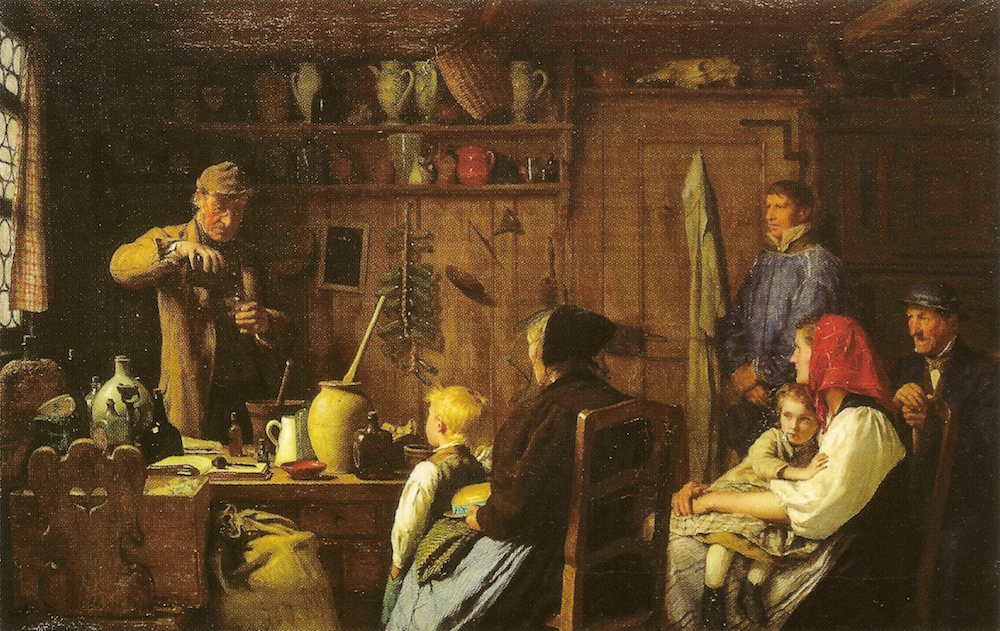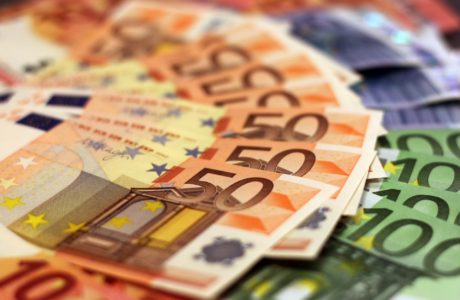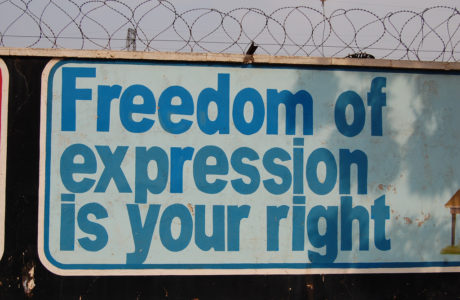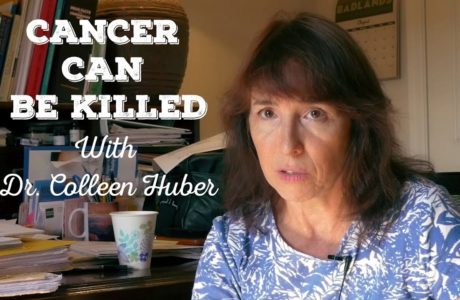
Journalists seem to have a difficult time reporting the latest medical findings. Headlines often serve as click-bait rather than conveying accuracy. Last week, news coverage describing a study that investigated different treatment options for early-stage prostate cancer is one such case that generated some alarming and contradictory headlines.
In the reported study, researchers randomized 1643 men aged 50 to 69 years with stage T1c disease about evenly into three treatment groups: 1) active cancer surveillance; 2) prostatectomy; and 3) radical radiotherapy. The study indicated that patient survival rates were equally high at 99% across the treatment groups after a median follow-up time of ten years. There was a significant difference, however, in metastasis frequency and disease progression between the active surveillance group and the two treatment groups.
Men who choose active surveillance of their localized prostate cancer may regret their decision. If prostate cancer metastasizes, curable treatments are no longer available, and these men may suffer painful symptoms of their cancer spreading into adjacent tissues or throughout their bodies. They may further suffer complicated side effects of life-long androgen-deprivation therapy.
The New York Times did a nice job reporting the study with the headline “Prostate Cancer Study Details Value of Treatments.” You should take from this headline that treating early-stage prostate cancer is beneficial. Treatment seems to improve quality of life and living beyond ten years without metastatic disease.
But maybe a different headline you read conveyed the idea that treating early-stage prostate cancer is irrelevant. CBS News reported, “Study, no evidence that treating early prostate cancer makes a difference.” The study’s details that treatment may be helpful beyond the ten-year mark were buried deep in the text.
The study’s nuanced results are understandably difficult to convey in a ten- to twelve-word headline. I can easily see how one consequence of such oversimplified science journalism is that patients may be more easily driven into the care of alternative medical practitioners, who offer superfluous, implausible, and disproven treatments. In my time practicing with a naturopathic cancer practitioner, I’ve seen this sort of information hi-jacking used to convince patients that alternative medicine offers real hope in treating cancer.
One egregious case in point: the American Board of Naturopathic Oncology (ABNO) relies on undermining the importance of conventional cancer treatment by perpetuating the falsehood that “modern medicine has made little advance in its War on Cancer.” According to this group, its self-anointed alternative “oncologists” can effectively and safely treat cancer using “various supplements or dietary concepts” that make “medical treatments more effective” and cause “cancer cells to self-destruct.”
Look no further than the American Association of Naturopathic Physicians (AANP) for examples of dubious cancer treatments being peddled by such “oncologists.” In a recent blog post titled “Six Naturopathic Methods to Combat Prostate Cancer”, naturopath Geo Espinosa outlines “six quick things a CaP [prostate cancer] patient should consider” for “beating CaP [prostate cancer].”
The therapies outlined in the post are staples of naturopathic care: 1) supplementation with anti-oxidants such as vitamins C and E and Coenzyme Q10; 2) reducing “systemic inflammation” through changing the diet; 3) non-medical detoxification with herbs and hydrotherapy; 4) limiting exposure to environmental toxins such as cigarette smoke and non-organic meat; 5) “immune boosting” supplements like mushroom extract; and 6) “cancer-killing” substances like turmeric and modified citrus pectin.
Let’s get one thing straight. No naturopathic therapy has ever been proven to cure cancer or improve outcomes with standard-of-care treatments. But in no uncertain terms, naturopath Espinosa writes that incorporating naturopathy into a cancer treatment regimen can “increase the chances of better recovery among CaP [prostate cancer] sufferers and slow it [sic] progression.” It seems that such propaganda is nothing more than a means to establish the basis for health fraud.
The fact is that we only learned in the last week that if patients aged between 50 and 69 years with early-stage prostate cancer elect to undergo active monitoring, they have a 99% chance that their prostate cancer will not kill them over ten-years. Although, curative treatment seems to be better in the long-run. For naturopaths it seems that long ago one of them just made up those six alternative treatments, and it became their dogma. In the naturopathic community, such a belief is as good as any high-quality systematic review.
What deviance for Espinosa and the AANP to suggest that naturopaths can manage the ins and outs of treating prostate cancer! On his own website, Espinosa refers to himself as a “prostate cancer strategist,” as if there is a strategy beyond treatments based in scientific evidence. He writes that he will make “the process [of treatment] simpler and clearer for you.”
That’s a bold statement considering that Espinosa has received no medical oncology training and does not hold a license to practice medicine in New York state where he runs a clinic. What sort of “prostate cancer specialist” is he? I would say that he’s not to be trusted.
Naturopathic cancer therapies are not part of standardized medical protocols derived from evidence-based guidelines or scientific consensus. But, they are being integrated into prostate cancer treatments by naturopathic doctors. [inlinetweet prefix=”Do not ask NDs for cancer advice.” tweeter=”” suffix=””]Poor reporting of the latest findings of clinical trials emboldens such quacks.[/inlinetweet]
If you are considering alternative medicine to treat cancer or know someone who is, please read this article I wrote for Quality Cancer Treatment – A Website for Patients.




You know, Britt, instead of calling it “hydrotherapy,” can you just say “enemas”? Hydrotherapy sounds like you are doing something productive. Make sure everyone knows what you are talking about here: squirting a ton of water up your bum (the key to enemas – the 3 Hs -“High, hot and a hell of a lot”)
Enemas serve a role in medicine. But let’s not euphemize them by dancing around with descriptions like “Hydrotherapy” and “colon cleansing.”
It’s not just enemas. It is dipping your feet in water baths, taking cold showers, placing hot and cold towels on your abdomen, and so on. It is hard to come up with a term that describes all these things so I’ve stuck with water-therapy.
To his “Six Naturopathic Methods to Combat Prostate Cancer”, I would append, None of Which Are Proven to be Clinically Effective at Saving the Lives of Patients with Prostate Cancer. Short of conducting clinical trials to establish the effectiveness
of his “strategies”, Espinosa is apparently toying with the vulnerable
and ignorant at their own expense.
When you are really sick the first thing that comes to your mind is what can I do to help whatever xyz treatment the doctors are giving. It’s part of the shaming process we sometimes do to ourselves. My first thoughts while being assigned radiation therapy at Stanford was to start dreaming up whatever superfood-herb-water etc. to ‘help things along.’ The oncologist was having none of that. She and the other doctors treating me told me not to do things to ‘boost’ my immune system because they were in the process of trying to tear down my immune system to get rid of the tumor in my head and taking things to boost immune function was exactly what we did not want if I was going to stay alive. (I had a severe autoimmune disease that required cancer treatments).
I can’t begin to tell you how freeing this was when I was so very sick. OMG I ran home and had a big mess of french fries, fried chicken, and ice cream! Without shame! 🙂 It was nice just to let go and just let the doctors do everything. I didn’t have to do anything except worry about what strain of weed to pick up at the legal dispensary to help with my pain.
Why, when you are deathly ill like I was, why is it that the naturopaths expect you to do so much damn work? Like a mile long laundry list of stuff. And some of the things listed here like all organic vegetables aren’t so good for me since I carry epis for agricultural fungus. All of that work they expect you to put in seems like a shaming process to me. At Stanford, the doctors do all the work. You eat french fries and pot cookies. 🙂
The whole concept of ‘boosting the immune system for what ails ya’ is shear marketing. Typically, dietary supplements that stimulate the immune system cause some immune cells to be upregulated and others to be down-regulated. For that reason, they can at best be called immunomodulators, but not “immunostimulants”; the term marketers prefer.
yah! and the doctors said not to mess with it. There are some things that stimulate the immune system and you don’t want that in autoimmune treatment.The docs didn’t want me chowing on junk food constantly but I was told not to worry myself about it and just try to find as much joy as I could in eating since appetite is the first to go with chemo and radiation. I don’t eat junk food from fast food places anyhow because food allergies.
“Why, when you are deathly ill like I was, why is it that the naturopaths expect you to do so much damn work? ”
Because when their treatment’s don’t work they can blame you for not putting forth enough effort.
For those who may have stumbled across this page, in an interview by the Canadian Broadcasting Corporation, our host candidly discussed the unethical treatment of cancer patients by naturopaths who literally believe their own bull. Incredibly, after graduating from the ‘Harvard’ of naturopathy schools, she had so little training in medicine that she couldn’t even set a broken bone or treat a serious wound.
Dear Britt, it saddens me that someone with your background isn’t able to contribute to medicine in general, it seems you just switched sides and decided you’d better fit in by attacking the NDs.
I think Britt is making GREAT contributions to “medicine in general.” And how does “attacking the NDs” make her “fit in” with the other side (whatever that is)? Doctors, on the whole, are wont to criticize quacks like NDs. They pay them far too much lip service, and don’t speak out against them near enough. Of course, when they do, they get accused of being part of the establishment or being ignorant of what NDs are. You can’t say that about Britt. She is not a doctor, so not part of the establishment, and the thing that NDs hate about her is that she is NOT ignorant about what ND is. The problem is that she knows it too damn well.
“Our side” needs a lot more like Britt Hermes.
What’s the best way to stay healthy? Ignore naturopaths in general, and write your congress person, to push for naturopathy to be illegal. Then throw people like Miss Hermes in prison where they belong. *awaits her for white knights to arrive.*